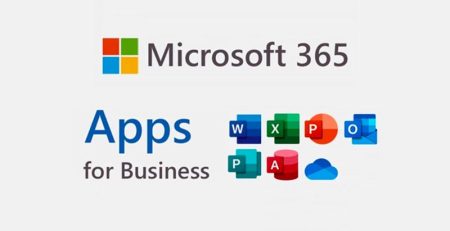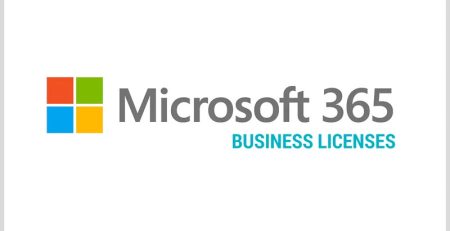How MSPs are Adapting to Remote Work
Remote work, once a necessity during the pandemic, has now evolved into a preferred mode of work for many employees and businesses.
And while some companies have instituted mandatory return-to-office policies, others have offered hybrid options or have gone fully remote altogether.
A Gallup survey found that 5 in 10 full-time U.S. employees have jobs that can be performed remotely.
Many managed service providers started adapting to remote work situations before the pandemic, including the technology division of Hungerford. And as remote and hybrid work becomes more popular among small and medium-sized businesses, MSPs will need to continue to adapt to ensure organizations can operate smoothly and efficiently while keeping their data secure.
Let’s dive into some ways MSPs are adapting to support this shift.
Enhanced Security
Secure environments are much harder to achieve when employees need to access internal data from outside the organization’s network.
Because employees rely on their home network and routers for access to company data — something MSPs don’t manage — securing endpoints (laptops, tablets, smartphones) is critical.
Many MSPs are adopting zero-trust security frameworks to ensure every device, user and application accessing company data is continuously verified. For example: using Microsoft 365 conditional access policies to limit who can access sensitive data and where or how they can access said data.
MSPs also implement a variety of tools to combat cyberattacks, including detection and response platforms, multifactor authentication (MFA), firewalls and VPNs.
Cloud Services
MSPs play a crucial role in helping businesses transition to the cloud, ensuring seamless access to applications and data while maintaining security.
They also handle the intricacies of migrating to and managing cloud environments in addition to setting up secure access controls and identity management systems.
Many businesses are opting to move their operations to the cloud, as it allows their employees to securely access applications and company data from anywhere without the need for a VPN.
Using cloud services also allows your organization to safeguard data from disasters such as fires or floods. With cloud services, the data is stored remotely and redundantly across multiple layers of the cloud service provider’s equipment, rather than on a physical server in your office.
“As technology advances and more and more work can be done remotely, MSPs will need to adapt appropriately to an ever-changing landscape.”
Remote IT Support
While remote IT support has long been a cornerstone of MSP services, the rise of remote work has significantly expanded the scope and complexity of these offerings.
MSPs now cater specifically to the challenges of supporting a dispersed workforce, ensuring seamless connectivity and productivity for employees working outside the traditional office setting.
For example, we offer a support app that allows our clients to submit tickets or start a chat with a support technician to help with IT issues from account lockouts to problems with a VPN.
Employee Training
Even with top-of-the-line security tools and procedures, no network is 100% secure, which is why MSPs need to train their clients’ employees on how to use remote work tools efficiently and securely.
This means educating employees on how to spot phishing attacks, utilizing a password manager and creating strong passwords for all work accounts.
Collaboration Tools
“Zoom” became a buzzword when lockdowns went into effect as face-to-face meetings were put on hold.
MSPs are utilizing this and other tools like Microsoft Teams, Webex and Slack to ensure employees can communicate and collaborate on projects when working outside of the office.
Going beyond everyday chats and internal video calls, Hungerford offers event assists to ensure your virtual or hybrid event goes smoothly.
As technology advances and more and more work can be done remotely, MSPs will need to adapt appropriately to an ever-changing landscape.
Organizations that implement a mandatory in-office environment also may have to adapt to remote work policies if they wish to retain talent looking for more flexibility in their schedule.
Interested In Hungerford’s Services?
Contact us here to learn more about how we improve organizational security while keeping your business running smoothly and increasing productivity.
Stay updated! Get tips and insights delivered to your inbox weekly by subscribing to our newsletter.











